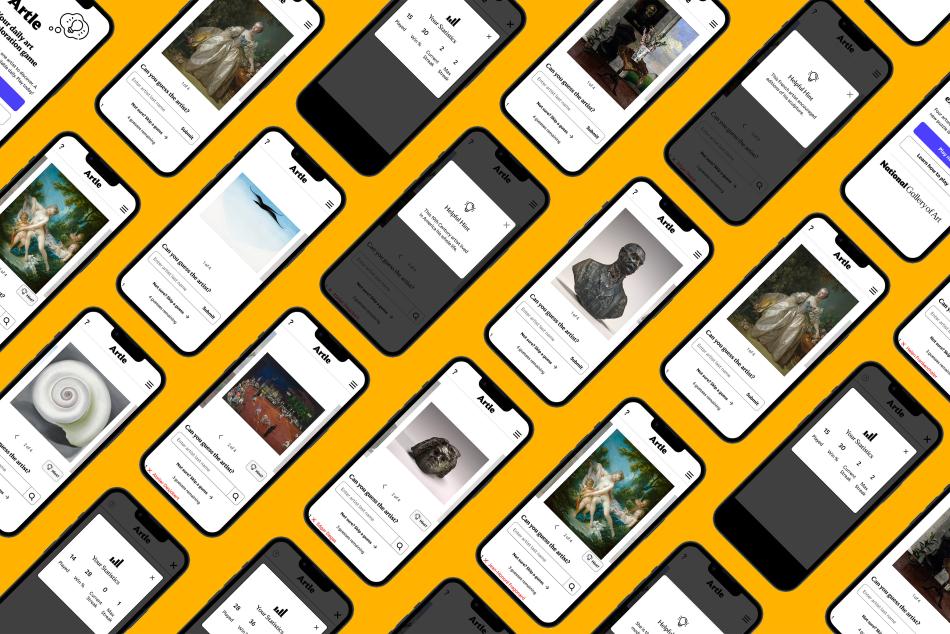Alfred and Kitty Stieglitz
1907
Alfred Stieglitz and/or Edward Steichen
Artist, American, 1864 - 1946
Artist, American, 1879 - 1973

Artwork overview
-
Medium
Autochrome
-
Credit Line
-
Dimensions
image: 11.3 × 16.5 cm (4 7/16 × 6 1/2 in.)
overall: 12.9 × 18 cm (5 1/16 × 7 1/16 in.) -
Accession Number
1949.3.290
-
Key Set Number
315

Alfred Stieglitz
Curious for more Alfred Stieglitz scholarship?
Discover over 1,000 artworks that the artist’s wife Georgia O’Keeffe termed his “Key Set” of prize photographs. Museum scholars have illuminated each work, his career, practices, and lifetime achievements.
Artwork history & notes
Provenance
Georgia O'Keeffe; gift to NGA, 1949.
Associated Names
Bibliography
2002
Greenough, Sarah. Alfred Stieglitz: The Key Set: The Alfred Stieglitz Collection of Photographs. Washington, 2002: vol. 1, cat. 315.
Wikidata ID
Q64037906Scholarly Remarks and Key Set Data
Remarks
This Autochrome was made in the Bavarian resort town of Tutzing, Austria, in the summer of 1907, by either Edward Steichen or Stieglitz, or possibly both. Stieglitz, Steichen, Frank Eugene, and Heinrich Kühn were experimenting with the newly invented Autochrome, the first viable and commercially manufactured color process. The Metropolitan Museum of Art has an Autochrome of Kitty made at the same time, attributed to Edward Steichen (see Weston Naef, The Collection of Alfred Stieglitz [New York, 1978], 468, no. 516).
In “The New Color Photography,” Camera Work 20 (October 1907), 25, Stieglitz wrote that as he sailed back from Europe on the Kaiser Wilhelm II in the fall of 1907 he “experienced the marvellous sensation within the space of an hour of marconigraphing from mid-ocean; of listening to the Welte-Mignon piano which reproduces automatically and perfectly the playing of any pianist . . . and of looking at those unbelievable color photographs! How easily we learn to live on former visions!”


